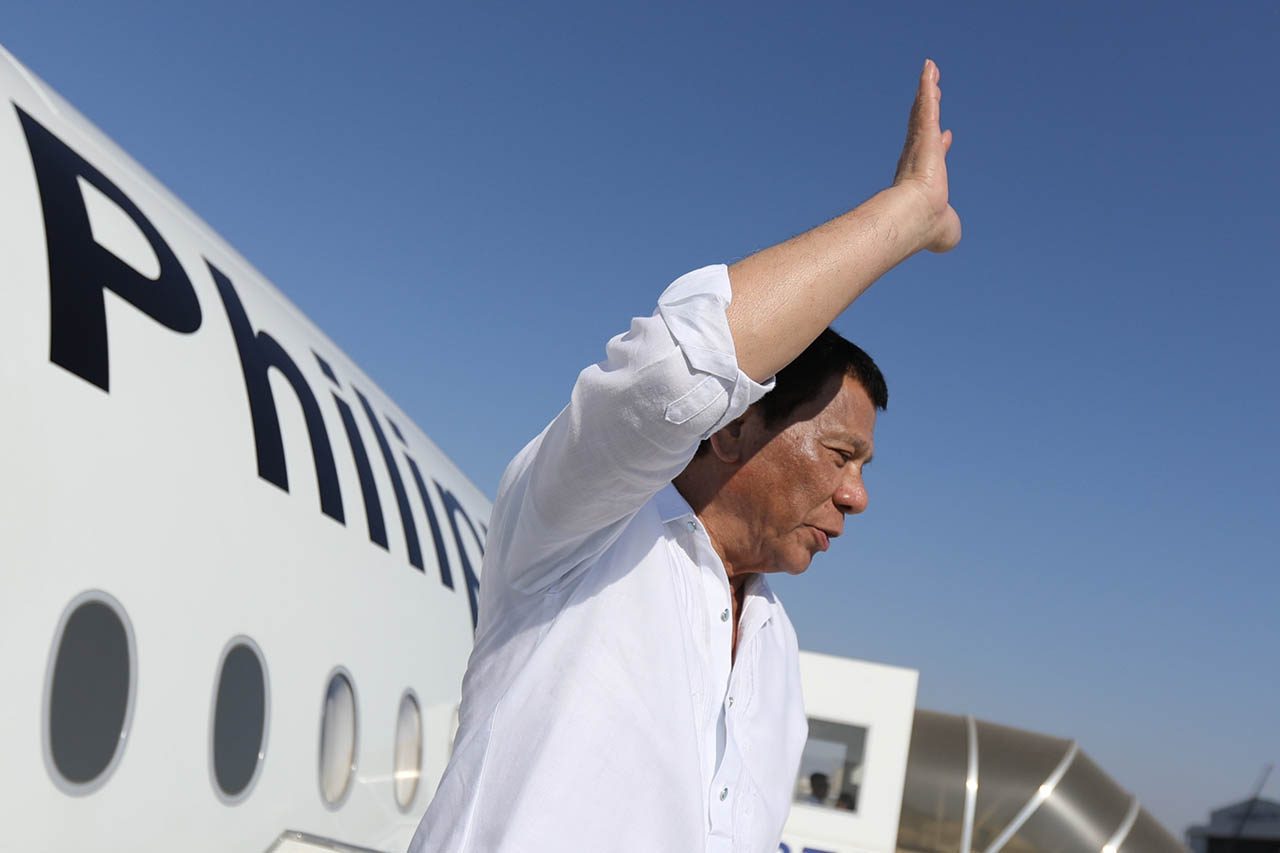SUMMARY
This is AI generated summarization, which may have errors. For context, always refer to the full article.

MANILA, Philippines – Government officials involved in the Duterte administration’s violent anti-drug campaign may face repercussions which could affect not only them but also their families in the long run.
“I think there are going to be political as well as personal repercussions for the people who might be subjected to charges at the International Criminal Court,” international human rights lawyer Ruben Carranza said on Rappler Talk with Marites Vitug on Friday, September 7.
The ICC’s Office of the Prosecutor had begun a preliminary examination of the anti-drug campaign back in February. At this stage, the office is determining if there is sufficient evidence to establish that the case falls under its jurisdiction.
Carranza said there could be consequences regardless of the case’s status before the ICC.
“These are situations that have repercussions in the likes of travel, their assets abroad, that it might matter that cases are open even if the ICC doesn’t proceed to trial,” he said.
In October 2016, ICC Prosecutor Fatou Bensouda said she was “deeply concerned” that “public statements of high officials of the Republic of the Philippines” seem to condone killings. (READ: Int’l criminal court ‘closely following’ PH war on drugs)
According to Carranza, the mention of “high officials” shows that the ICC’s Office of the Prosecutor is not only eyeing President Rodrigo Duterte, but also several others.
“She’s not just thinking of just one man or just one woman, but several persons, and these persons have families and themselves, they love to travel, love to go on trips,” he said.
Countries can also impose sanctions on individuals or groups found – or even just suspected – of committing human rights violations in their own countries.
The United States, for example, has the Global Magnitsky Act which allows it to sanction foreign government officials suspected of or charged with committing human rights violations.
The US government can “restrict visa issuances to these persons and their families and to freeze their assets abroad.”
“They’ve done this now for leaders, the president of Nicaragua and his family, certain people in Syria and their families,” Carranza said. “Very selective but nonetheless should be in the mind of Filipinos as well, especially those who live in the United States.” – Rappler.com
Add a comment
How does this make you feel?
There are no comments yet. Add your comment to start the conversation.